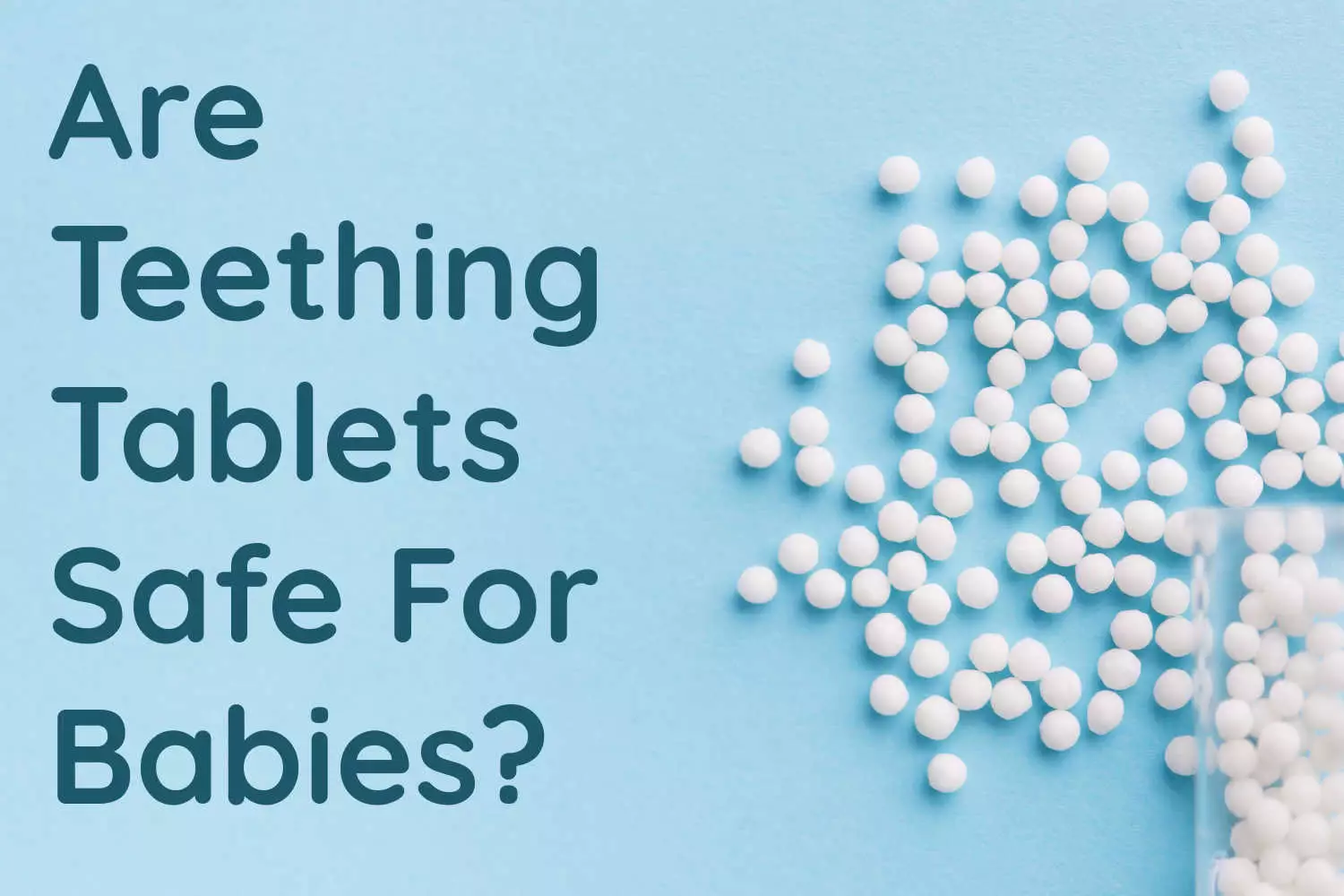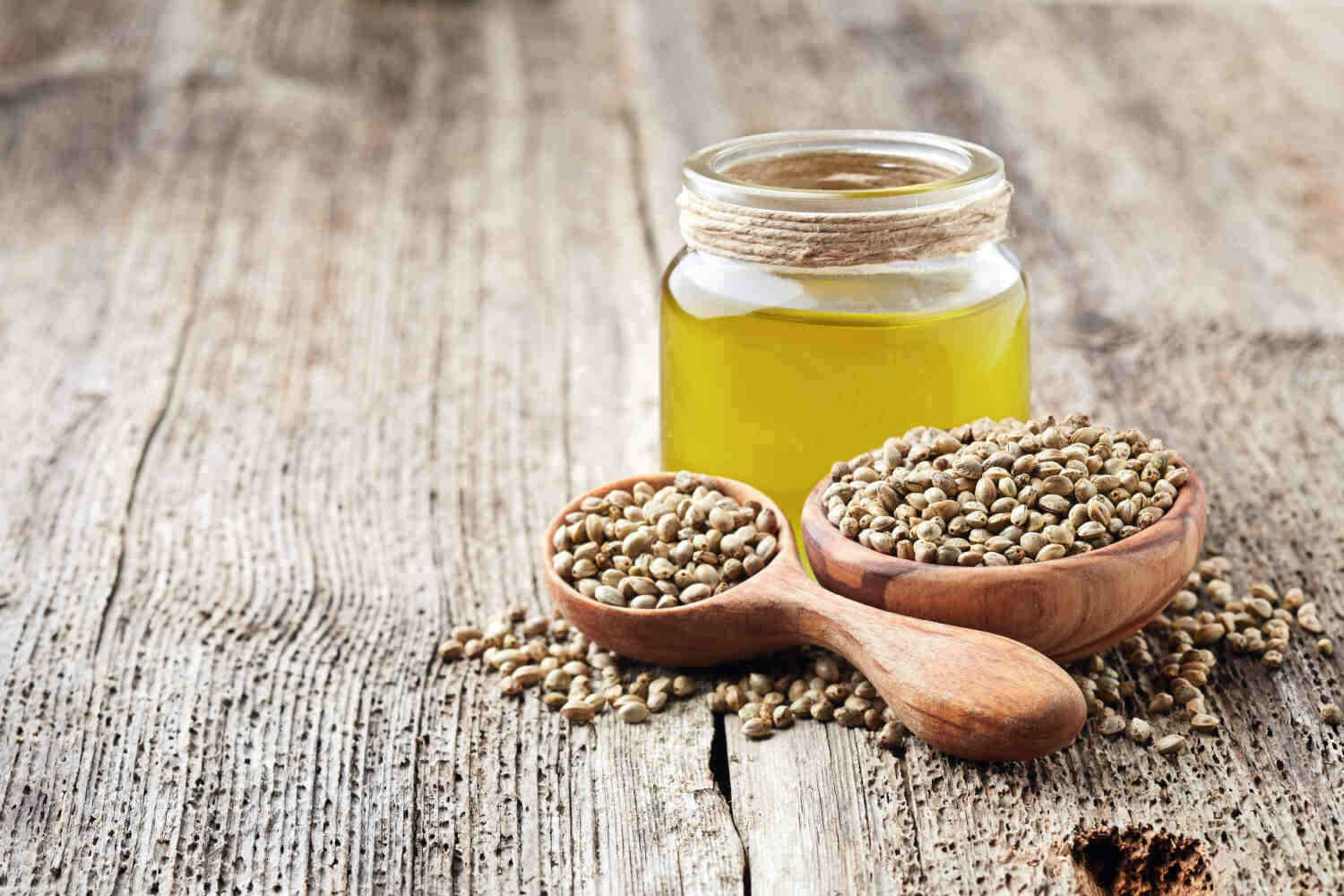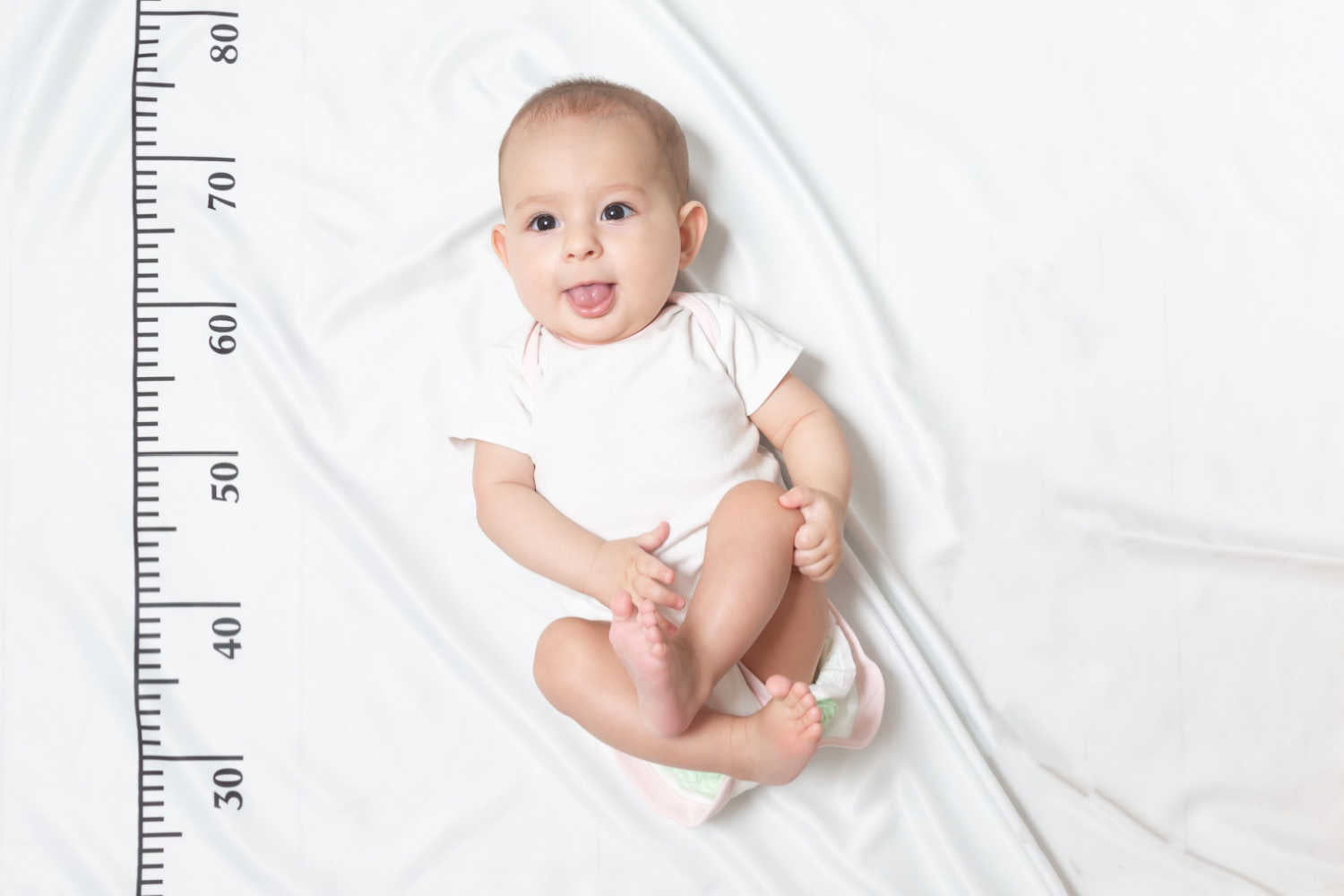
Do Oral Contraceptives Affect Breast-milk Production?
5 min readWritten by Editorial Team


The use of oral contraceptives, also known as birth control pills, can have an impact on breast milk production, although the specific effects may vary from person to person. Do oral contraceptives affect breast-milk production? While some studies have suggested a potential decrease in milk supply among breastfeeding individuals using hormonal contraceptives, others have not found a significant association.
The hormones in oral contraceptives, particularly estrogen, and progesterone, can influence lactation in a few ways. Estrogen, in high doses, can inhibit milk production. Progesterone, on the other hand, can have a minimal impact on milk supply or may slightly decrease milk volume in some individuals.
In This Article
- Why Is Postpartum Contraception Important?
- Is It Safe To Use Oral Contraceptives While Breastfeeding?
- How Do Oral Contraceptive Pills Affect Breast-milk Production?
- How Do Estrogen Contraceptive Pills Affect The Mother And The Baby?
- The Verdict
- What Are The Other Alternatives To Oral Contraception After Delivery?
- FAQ’s
Why Is Postpartum Contraception Important?
First and foremost, postpartum contraception is a subject you need to discuss with your doctor as soon as you have delivered. Some women think that if they breastfeed they will not get pregnant, which is not completely true. Feeding the baby frequently with no supplements gives around 98% protection against getting pregnant, till the baby is about six months of age and begins to have solids.
Breastfeeding can act as a contraceptive for some time (provided your baby feeds only and only on breastfeed, with no supplements like water and even a pacifier), but it also depends on your own body chemistry. You will also be fertile once you get your periods again after delivery, which indicates that you will be ovulating soon. Hence, between you, your doctor, and your spouse, you need to arrive at the method of contraception after your delivery.
Is It Safe To Use Oral Contraceptives While Breastfeeding?
Using oral contraceptives while breastfeeding can generally be considered safe, but it’s important to choose the appropriate type of contraceptive and consult with a healthcare professional. Progestin-only pills, also known as mini-pills, are typically recommended for breastfeeding individuals as they have a minimal impact on milk supply. Combination pills (containing both estrogen and progestin) are not usually recommended during the early months of breastfeeding due to the potential risks of decreasing milk production.
How Do Oral Contraceptive Pills Affect Breast-milk Production?

Consumption of regular oral contraceptives can have a drastic effect on both the quality as well as the quantity of the milk. Contraceptives that contain estrogen reduce the volume of the milk significantly. In some cases, the estrogen in the contraceptive pills decreases the phosphorus, calcium, and protein content in the breast milk, hence hampering the quality of the milk.
The effect of estrogen on breast milk varies from person to person. Some women may not develop such adverse reactions to estrogen while for some lactating women, estrogen can be very harmful. A lesser supply of milk may make you wean your baby earlier than you like, and you may need to feed your baby an additional supplemental diet.
How Do Estrogen Contraceptive Pills Affect The Mother And The Baby?

Contraceptive pills containing estrogen when consumed by the mother; enter the milk and make their way to the baby. There is no concrete evidence to prove it but some experts believe that estrogen in the contraceptive pills can affect the reproductive system of the baby. It may also pose a threat to the baby’s liver which is not developed enough to metabolize the hormones. Since the milk carries estrogen and decreases the number of minerals, this could make the child more irritable.
Oral contraceptives don’t pose a major threat to the mother unless the mother has a history of gestational diabetes, in which case oral contraception can aggravate the issue. In rare cases, the estrogen in the contraceptive can also cause bilateral breast augmentation.
The Verdict
It is absolutely unsafe to take contraceptives that contain estrogen, postpartum. Most doctors recommend that you do not even take progestin contraceptives for at least six weeks after delivery. Progestin contraceptive pills do not hamper the milk supply, and even if some of it is passed to the baby through breast milk, it does not indicate any harmful effects. In case you are planning to opt for a combination of estrogen-progestin contraceptives, despite the risks, it is highly recommended you wait until 6 months after you have delivered.
What Are The Other Alternatives To Oral Contraception After Delivery?

For most women, breastfeeding itself becomes a natural contraceptive till their baby feeds exclusively and only on breast milk, without any supplemental diet. This reduces the likelihood to conceive to 0.5- 2 percent. Also during breastfeeding your body releases excessive prolactin; a hormone that is not favorable for ovulation.
However, prolactin is only produced in excessive quantity during breastfeeding if you are breastfeeding immoderately and you haven’t got your period since the delivery. Absence of menstruation and excessive prolactin, considerably decrease the chances of getting pregnant while breastfeeding. But if you want to be 100 % certain there are other alternative contraceptive methods, you can resort to.
- Progesterone-only pills: These contraceptive pills are only made with progesterone and contain no estrogen. These pills are relatively much safer and are also readily available in the market. However, it is suggested that you go by the doctor’s recommendation
- Progesterone Shots These are basically shots that act as contraceptives. These shots contain high doses of progesterone and are irreversible. It is better to consult your doctor before going for these shots, in case high levels of progesterone don’t suit your body
- Condoms Needless to say, condoms are your safest bet while you are breastfeeding since you do not partake in anything or subject your body to any external hormones
- Diaphragms A latex or silicone diaphragm is also an effective contraceptive and it won’t affect the quality of the milk or the baby, but you might have to wait a bit since a diaphragm can only be placed only when the uterus has returned back to its original shape post delivery. Hence you cannot opt for diaphragms until it has been 6 weeks since your delivery
- IUD IUD is a device that is placed in the uterus by a doctor. It is an absolutely safe option for lactating mothers
Read more about contraceptive choices after having a baby here.
Wondering when you can have sex after having a baby? Find out here!
FAQ’s
1. How Long Can You Use Contraception While Breastfeeding?
You can use contraception while breastfeeding for as long as you desire to prevent pregnancy. There is no set time limit or maximum duration for using contraception while breastfeeding. It is recommended to consult with a healthcare professional to determine the most suitable contraceptive method for your individual circumstances and breastfeeding goals.
2. Will My Milk Supply Come Back After Stopping Birth Control?
In most cases, if your milk supply is affected by hormonal birth control, it should return to normal after discontinuing the contraceptive method. The time it takes for your milk supply to rebound can vary depending on factors such as your individual hormonal response and breastfeeding frequency. If you notice a decrease in milk supply after stopping birth control and have concerns, it is advisable to consult with a healthcare professional or lactation consultant for personalized guidance and support.

Editorial Team,
With a rich experience in pregnancy and parenting, our team of experts create insightful, well-curated, and easy-to-read content for our to-be-parents and parents at all stages of parenting.Read more.
Responses (0)
Want curated content sharply tailored for your exact stage of parenting?
Related articles

Top Activities For a 3 Month Old Baby – Benefits and Tips For Parents

Pregnancy Passions: Rediscovering Intimacy on the Parenthood Journey

Celebrating the Unbreakable Bond of Twins With 200+ Best Twin Baby Quotes

Teething Tablets For Babies – Are They Safe, Side Effects and Alternatives

Hemp Seeds For Babies – When to Introduce, Benefits & Precautions

Baby Growth Charts – Everything You Need To Know
Sponsored content
Discover great local businesses around you for your kids.
Get regular updates, great recommendations and other right stuff at the right time.





